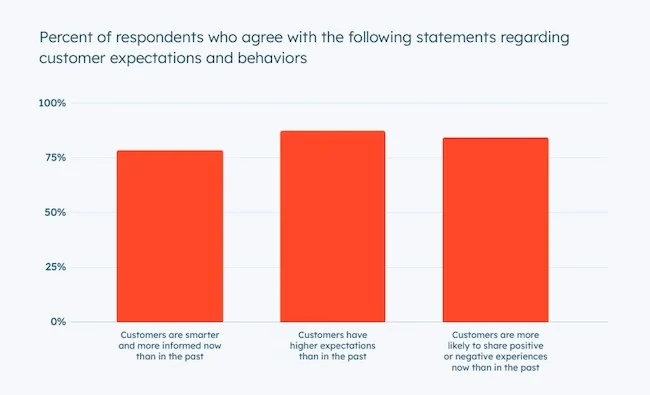Artificial intelligence for business
In the rapidly evolving landscape of modern business, staying ahead means harnessing the power of cutting-edge technologies. Among these, artificial intelligence (AI) stands out as a transformative force, revolutionizing industries and driving unprecedented growth. From streamlining operations to enhancing customer experiences, AI is reshaping the business landscape in profound ways. In this blog post, we delve into the realm of artificial intelligence for business and explore the top three AI solutions making waves in the corporate world.
Before delving into specific AI applications, let’s first understand what AI entails in a business context. Artificial intelligence refers to the simulation of human intelligence processes by machines, primarily computer systems. These systems are capable of learning, reasoning, and problem-solving, enabling businesses to automate tasks, gain valuable insights from data, and make data-driven decisions with unprecedented accuracy and efficiency.
Top 3 Artificial Intelligence Solutions for Business:
Natural Language Processing (NLP)
NLP is a branch of AI that focuses on enabling machines to understand, interpret, and generate human language. In businesses, NLP is revolutionizing customer service, marketing, and data analysis. Chatbots powered by NLP can engage with customers in natural language, providing instant support and driving higher levels of customer satisfaction. Moreover, NLP algorithms can analyze vast amounts of textual data, extracting valuable insights and sentiment analysis to inform marketing strategies and enhance product development.
Machine Learning (ML)
Machine learning is a subset of AI that empowers systems to learn and improve from experience without being explicitly programmed. ML algorithms can analyze large datasets, identify patterns, and make predictions or decisions based on the data. In the business realm, ML is invaluable for tasks such as predictive analytics, fraud detection, and personalized recommendations. By leveraging ML models, businesses can optimize processes, mitigate risks, and deliver customized customer experiences, ultimately driving growth and competitive advantage.
Robotic Process Automation (RPA)
RPA involves using software robots or “bots” to automate repetitive, rule-based tasks traditionally performed by humans. This technology is revolutionizing business processes across industries, from finance and HR to logistics and supply chain management. By automating routine tasks like data entry, invoice processing, and inventory management, RPA frees up human resources to focus on higher-value activities, improves accuracy and efficiency, and reduces operational costs significantly.
The adoption of AI in business yields a multitude of benefits, including:
Enhanced productivity and efficiency through automation of manual tasks.
Improved decision-making through data-driven insights and predictive analytics.
Enhanced customer experiences through personalized interactions and targeted recommendations.
Cost savings and resource optimization by streamlining processes and reducing errors.
Competitive advantage by staying agile and innovative in a rapidly evolving market.
As artificial intelligence continues to advance and mature, its role in shaping the future of business becomes increasingly evident. From NLP and machine learning to robotic process automation, AI solutions drive tangible value and unlock new opportunities for companies worldwide. Embracing AI is no longer a choice but a strategic imperative for organizations looking to thrive in the digital age. By leveraging the power of AI, businesses can unlock their full potential, drive growth, and stay ahead of the competition.
Check this video if you are interested in IA and marketing campaigns
https://www.youtube.com/watch?v=Mrv5nUCUNIk






Responses